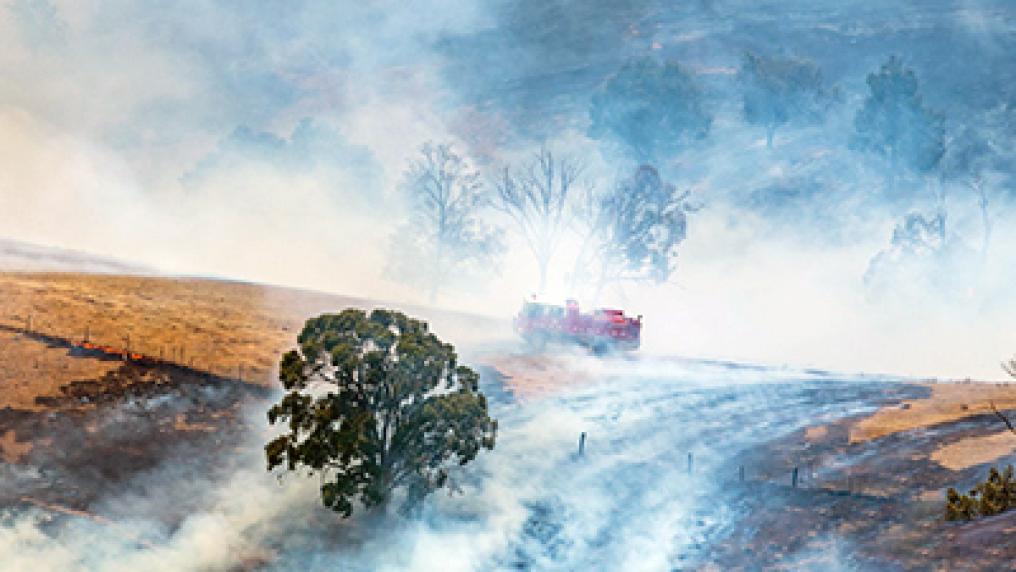Building tourism destination resilience to disasters

Victoria University (VU) is working with Victoria’s tourism industry to increase the resilience of tourism destinations to bushfires and other disasters.
Researchers from the School for the Visitor Economy partnered with Victoria Tourism Industry Council (VTIC) to examine the impact of the 2019-20 summer bushfires and the coronavirus pandemic on the state’s tourism industry. They surveyed and interviewed tourism operators throughout the state and used the data collected to develop priority actions for building tourism destination resilience to future crises.
Devastating impacts on tourism
The research found that the bushfires had significant financial impacts on tourism destinations outside bushfire regions, as well as those destinations directly affected by the fires.
While only 15% of the 323 businesses that responded to a state wide survey were in direct bushfire areas, 60% of respondents were affected financially and 77% of those businesses experienced moderate to extreme impacts.
COVID-19-related international and domestic travel restrictions, and multiple lockdowns during 2020, also had devastating effects on Victorian tourism businesses and destinations. Lack of tourism supply led to business closures, loss of revenue, staff and skills shortages, and wellbeing impacts.
Almost 85% of responding businesses had closed at least once due to COVID-19 and 65% had lost 75%–100% of revenue. Almost half the business owners acknowledged having mental health concerns and 41% were concerned about the wellbeing of staff.
Priorities for building resilience
Several priorities were identified and recommended for building the resilience of tourism destinations to future crises:
- Conduct a state wide tourism workforce review and development.
- Develop tourism industry skills and capacity, including building adaptation, digital, technical and marketing skills.
- Improve access to mental health services in regional areas and deliver business-specific mental health support.
- Address the fourfold rise in insurance premiums in bushfire-affected regions.
- Build the strength and flexibility of leadership and strategic planning at destination and business levels.
- Improve tourism industry engagement by government so appropriate crisis information, guidelines and support can be provided more quickly when needed.
- Take climate action to reduce future environmental crises.
- Increase connections and collaborations between small businesses to support innovation, problem solving and crisis support.
VU and VTIC are continuing to work together on workforce planning and skills development to strengthen resilience within the tourism sector.
Find out more and access the ![]() final research report
final research report
Committed to planetary health & the UN SDGs
VU invested in this research as part of our whole of university commitment to being a champion of planetary health. This commitment guides our contribution to advancing the UN Sustainable Development Goals. In 2020, the University allocated $1 million to 25 place-based research projects that contribute to planetary health.
This project address the following goals and their targets: 3 Good Health & Well-being | 9 Industry, Innovation & Infrastructure | 13 Climate Action
Research team
- Dr Joanne Pyke
- Dr Gabrielle Lindsay-Smith
- Dr Ancy Gamage
- Professor Terry de Lacy
- VanKhanh Nguyen (PhD student)
- Salsabil Shaikh (PhD student)
- Chris Porter (VITC)
Collaborators
- Victoria Tourism Industry Council
- Murray Regional Tourism
- Tourism North East



